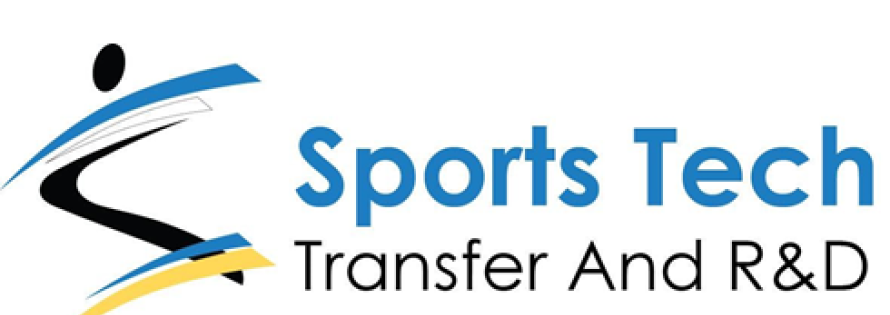
Location
Ghent, BelgiumSport makes a direct contribution to economic activity and to social cohesion in any given territory, by:
- Creating direct business activity (from large football enterprises to local sport clubs and gyms);
- Generating locally-rooted employment (including indirectly through construction projects);
- Driving attractiveness and impacting positively the image of territories;
- Contributing to innovation and fuelling ICT technologies with sport content;
- Promoting well-being and social cohesion, and engaging with social groups other policies fail to attract;
- Increases soft mobility solutions and decreasing negative health impacts thanks to increased physical activity. Investment in sport is a key element in urban and regional development strategies.
The presence and quality of sport activities is a major factor of competitiveness of a city and a measure of attractiveness and quality of life. In this Context Technology transfer is the mechanism via which research ideas are communicated to and adopted by companies and their product groups. The success or failure of technology transfer depends on many factors, from the personalities and skills of the people involved, through the timing and appropriateness of the offering, to the risks and costs associated with the new idea. No single mechanism is guaranteed to succeed, though there are many mechanisms that are likely to fail. Effective technology transfer requires consistent, rigorous and flexible processes which introduces dependable
operations on-time and in-full and this can be achieved by sharing best practices while learning from others in the field.
TECHNOLOGY TRANSFER IN SPORTS
The sports ecosystem is one in which the rewards of successful technology transfers are enormous, both in a sense of personal accomplishment and pride and in the long-term success of the participants involved. The relentless drive for improvement at the elite level means technology now plays a huge role in sport. Today, when games or races are won, and records broken by the finest of margins, the difference often lies in innovative equipment, and effective technology transfer lies at the heart of this.
SPORTS TECH R&D
Research and development is done within a variety of sports technology related fields such as performance analysis, injury prevention and rehabilitation,
digital marketing and media, etc. SMEs in the sports tech arena are in a competitive environment and are therefore becoming more and more active in the domain of technology innovation. On the other hand, both teams, leagues, clubs and individuals are keen to implement tools that are being developed within companies, knowledge centers, or both. It is within the crossroads of these fields (sports, universities, companies and policy makers) that win-win situations can be created, ultimately benefiting the athletes and general populations.
Sports Tech Transfer and R&D Summit aims to promote knowledge exchange between governing bodies, public authorities, academia and industry, to strengthen the cooperation and transfer of innovations from research labs into industrial exploitation in the field of sports. It will encourage commercialization of innovative technologies developed at public and private research organizations and promote cooperation between research organizations and development groups in the sports sector. It will also explore how entrepreneurship possibilities and good practices in research organizations combined with European, national and regional administrations initiatives/ funding streams can boost the economy as well as the impact these innovations have on sporting performance and operations. The conference will feature cutting-edge presentations, contributions and attendees from sports research institutions, public authorities, venture capitalists, industry, inventors, solution providers, regulators, advisors and sporting organizations.
The main conference goals are:
* Understanding the political landscape for the sport sector and asses how it can facilitate technology transfer
* Boosting innovation ideas supported by public private financial partnerships
* Facilitating cooperation and transfer of knowledge between universities, businesses and sports organizations
* Defining strategies for the development of evidence-based sports technologies
* Stimulating cross-industry / cross regional sport innovation
* Improving networks among academic researchers, R&D managers, civil servants and sports scientific staff members in teams
Share on
